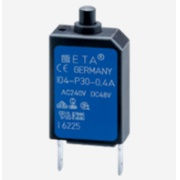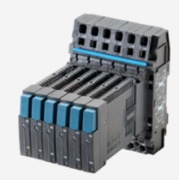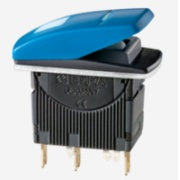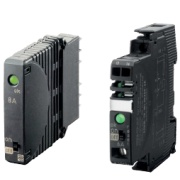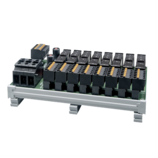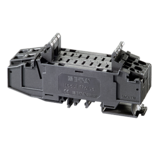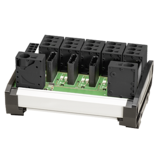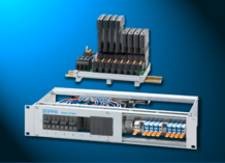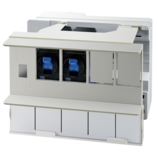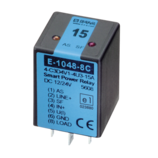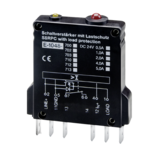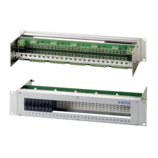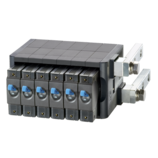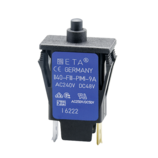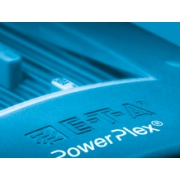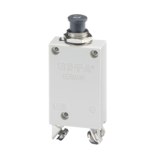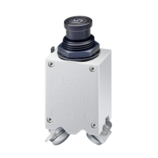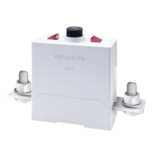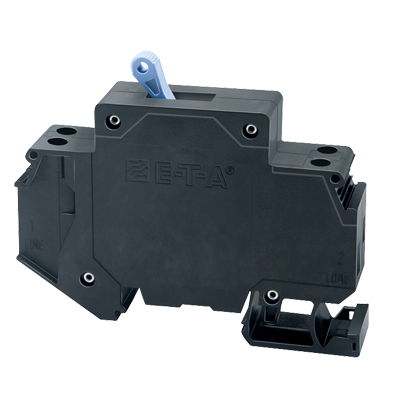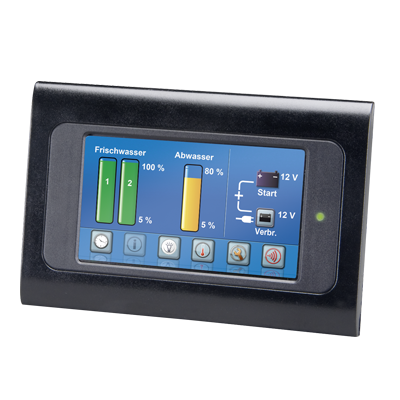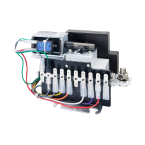E-T-A Circuit Breakers Ltd
We provide comprehensive and globally renowned solutions for your electronic systems. For the design and production of circuit breakers for equipment protection, we provide superior services, unmatched throughout the field.
We also offer the widest range of products for circuit protection in every industrial application. Our unrivalled supply of circuit protection devices includes:
- Thermal overcurrent circuit breakers
- Thermal-magnetic overcurrent circuit breakers
- Hydraulic-magnetic and magnetic overcurrent circuit breakers
- High performance circuit breakers and battery switches
Filter products and services
- View all categories
- Battery Isolation Switches
- Circuit Breakers
- DC Disconnects
- DC Servo Motors
- Electronic Overcurrent Protection Devices
- Office Application Software
- Power Controllers
- Power Distribution Systems
- Power Management Systems
- Power Outlets & Sockets
- Power Relays
- Power Supplies
- Rocker Switches
-
Battery Isolation Switch E-1073-437
Single pole circuit breaker type 437 or single/two pole isolation switches types 922 featuring an additional electronic function module which limits the duration of the supply to the remote disconnect and re-connect coils, avoiding damage in the event of unusual operating circumstances. Available with undervoltage monitoring option to protect batteries from the effects of deep discharge, status output for undervoltage, auto reset feature.
Request a Quote Supplied by E-T-A Circuit Breakers Ltd -
Battery Master Switch BMS01
The BMS01 is a battery master switch designed for dangerous goods road vehicles complying with international ADR regulations. Environmental protection and the intrinsically safe control circuitry of the BMS01 are in accordance with ADR 2009. The battery switch must be installed between the battery and the vehicle's electrical system. It is operated on and off by means of a control switch in the driver's cab, additional control switches can be sited around the vehicle as required. The BMS01 is a double pole device, but can be connected as 1-pole version (see connection diagram). An integral safety barrier permits siting of the BMS01 in hazardous areas. Additional auxiliary contacts are provided for disconnection of the ignition circuit, de-energisation of the alternator field winding, or a controlled shutdown of the CANBUS system followed after a delay by disconnection of the battery.Request a Quote Supplied by E-T-A Circuit Breakers Ltd



